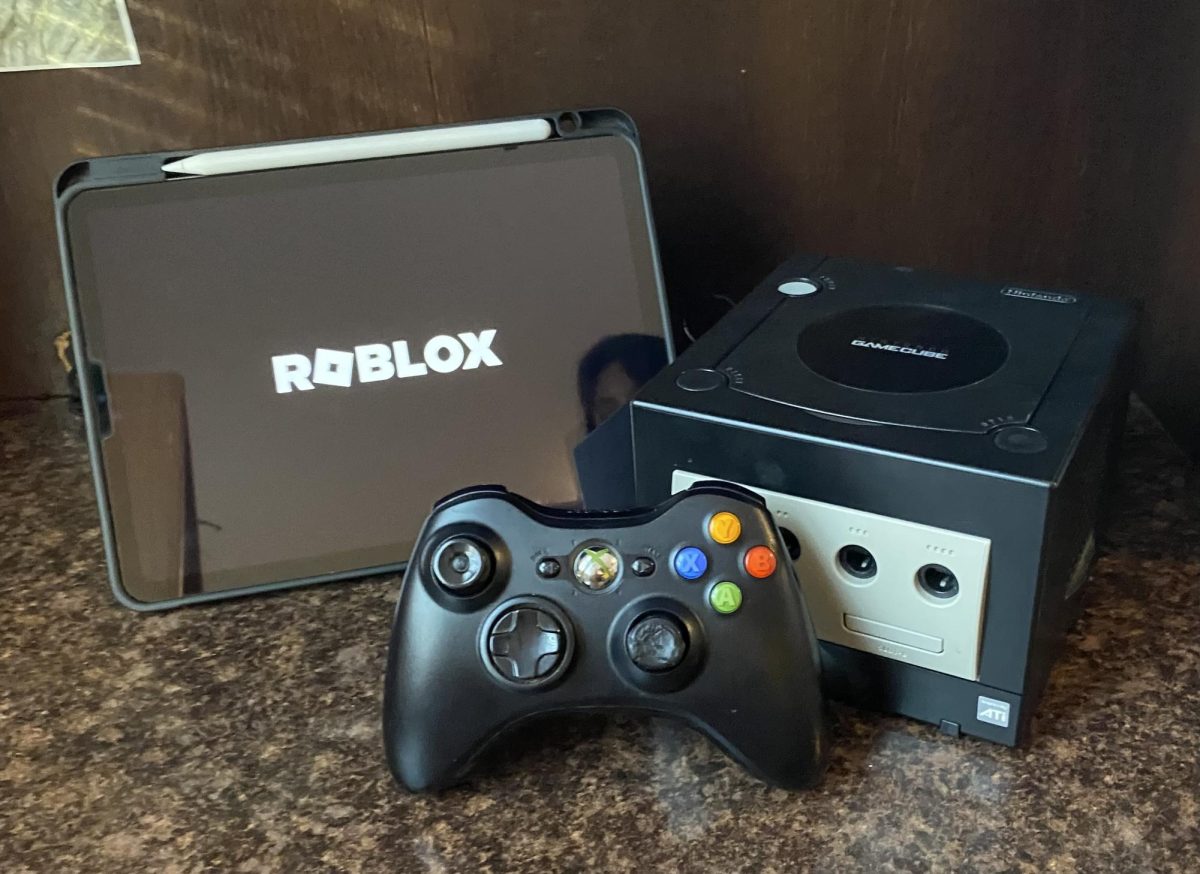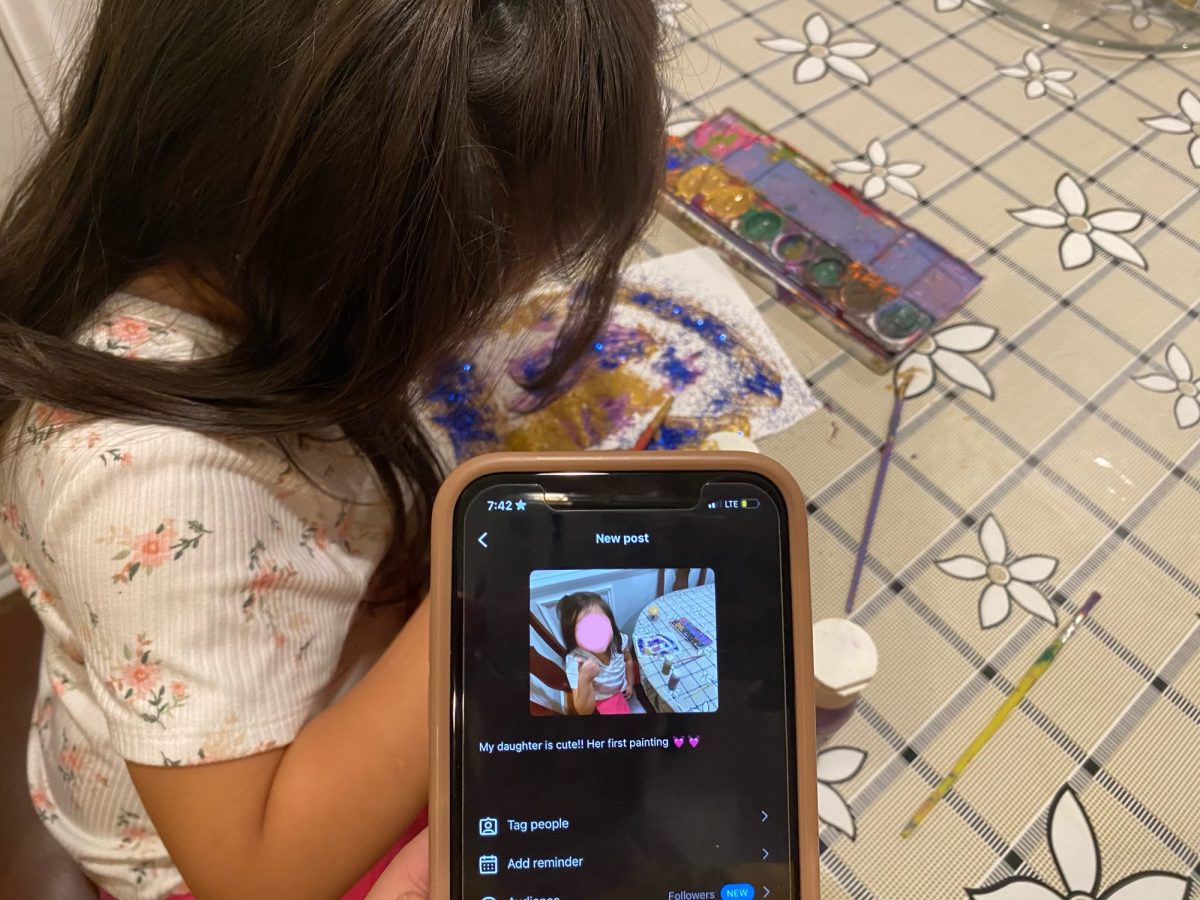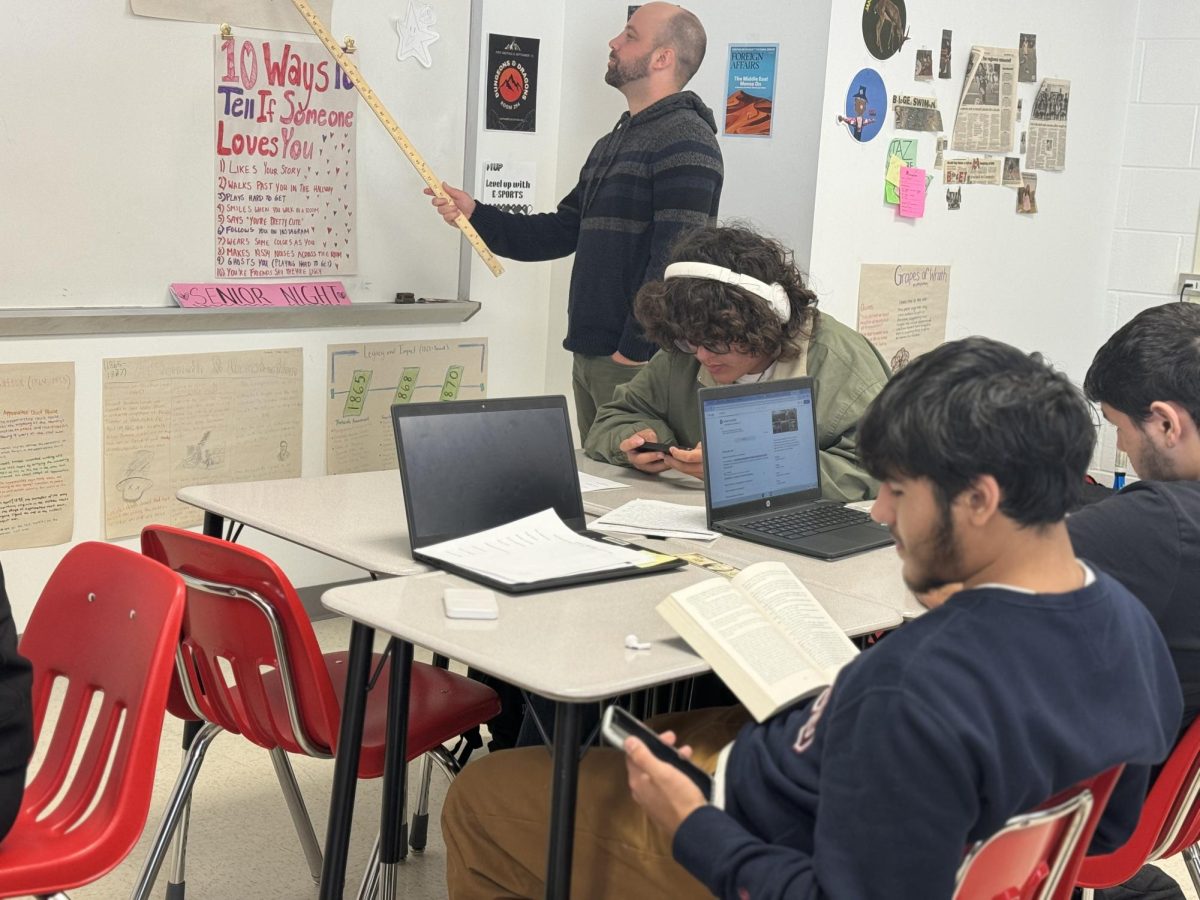Approximately 41 percent of students at AHS are self-professed pirates. They don’t sail the seven seas, rather they surf the Internet and download music, movies or games from illegal websites or torrent them from other people’s computers. Whether they acknowledge it or not, they are a part of the piracy “war” raging among creators, copyright holders, copyright enforcers and consumers.
While teens in particular are not normally interested in the finer points of copyright law, with the recent attention drawn to the negative impacts of SOPA and PIPA, from websites like Wikipedia and Google, the discussion has finally spilled into the public discourse. With the rise of the Internet, all parties must reevaluate the existing laws and precede with caution as they decide how to regulate intellectual property in the future.
It is apparent, especially to teens, that the Internet offers untold convenience that is accessible to almost everyone. 92 percent of students say they have high-speed Internet access at home, and 45 percent of students polled say they have three to four computers. When analyzing why pirating is so rampant, especially among teens, some proponents of regulation like SOPA argue that people feel there are no consequences for their illegal behavior, and the solution is to tighten regulation and increase the consequences. For some students, this is true.
“I’ve downloaded music for free because I would rather not pay than spend hundreds of dollars,” senior Beniyam Eshetu said.
In addition to the cost, the current regulation of music, movies, and games is inconvenient for consumers. When consumers have to wait for access to media because the release of albums, movies and games is delayed for different regions of the world, or companies delay releasing movies digitally to promote DVD sales, people are more likely to get these things illegally. As a response, the industries try to add more regulation and more restrictions, creating a negative cycle that ultimately hurts both the consumer and the industry.
The challenge these industries face is virtually all anti-piracy measure are reactionary, and by the time they’re implemented, new ways of pirating media are already being used. It’s also hard to convince people like Eshetu to unnecessarily pay for something they can access so easily, with no cost to themselves.
“If can get it for free, why would I ever pay for it,” Eshetu said.
Rather than try to crack down on piracy, which has been largely ineffective, producers and distributors of digital media should create business models that add a value and convenience to purchased products that pirated products don’t have. Some businesses have already started thinking along these lines. Pandora added value to simply listening to music by creating the automatic music recommendation system, which allows users to customize their playlists and listen for free. If users are willing to pay, they get a higher audio quality and can listen without the interruption of commercials. In the gaming world, Steam, a digital distribution platform has tried to augment the traditional way users buy and play games by associating games purchased with the user’s account, rather than their computer. This allows the user to play the games they’ve purchased on any computer, rather than restricting them to a one-time installation limited to one computer.
Proponents of stricter government regulation also argue that piracy impacts creativity by preventing artists, film producers, actors and everyone else in the creative process from making money. While this is true in a sense, a study completed by Nielsen Media research found that for most artists, the record label receives 63 percent of the profits from album sales, while the band, which includes the singer, guitarists, drummer, producer, lawyer and personal manager have to split 13 percent. This still does not justify downloading the music illegally, but it does put a new perspective on just how much damage pirating does to creativity. If creativity in music and movies can continue at record rates despite piracy, some argue that we should be hesitant about game changing legislation that claims to solve the problem.
It is not the government’s job to ensure that old models of business are kept alive. Legislation proposed to regulate copyrighted material needs to undergo a cost benefit analysis to ensure that it does not overly restrict creativity and our “free culture.” As Lawrence Lessig, a professor of law at Harvard University said in his book, Free Culture, the government fails to support creativity while serving “more and more to protect certain industries against competition.” With the growing access to digital technology, which “could unleash an extraordinary range of commercial and noncommercial creativity” copyright law restricts this creativity through “insanely complex and vague rules and with the threat of obscenely severe penalties.”





